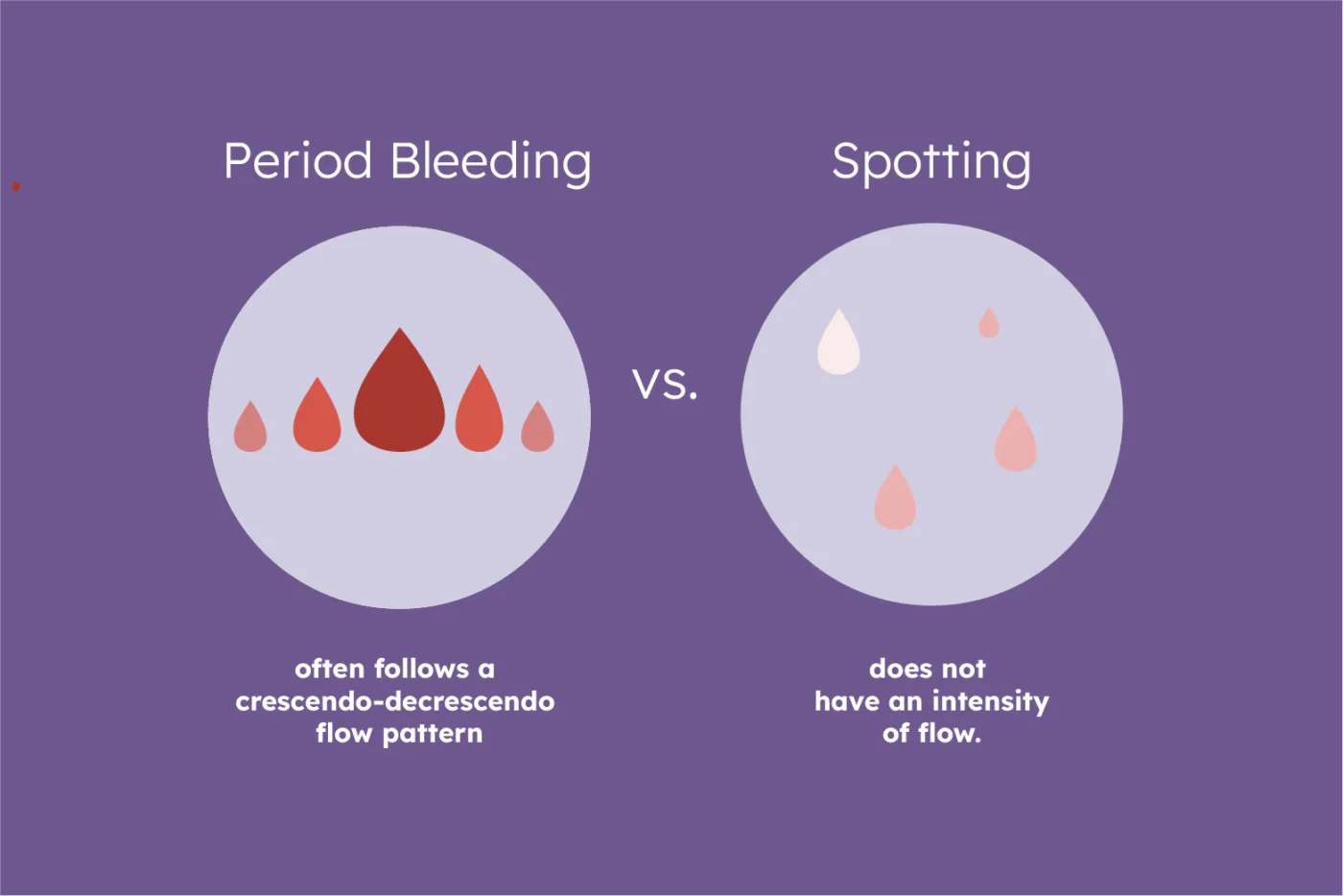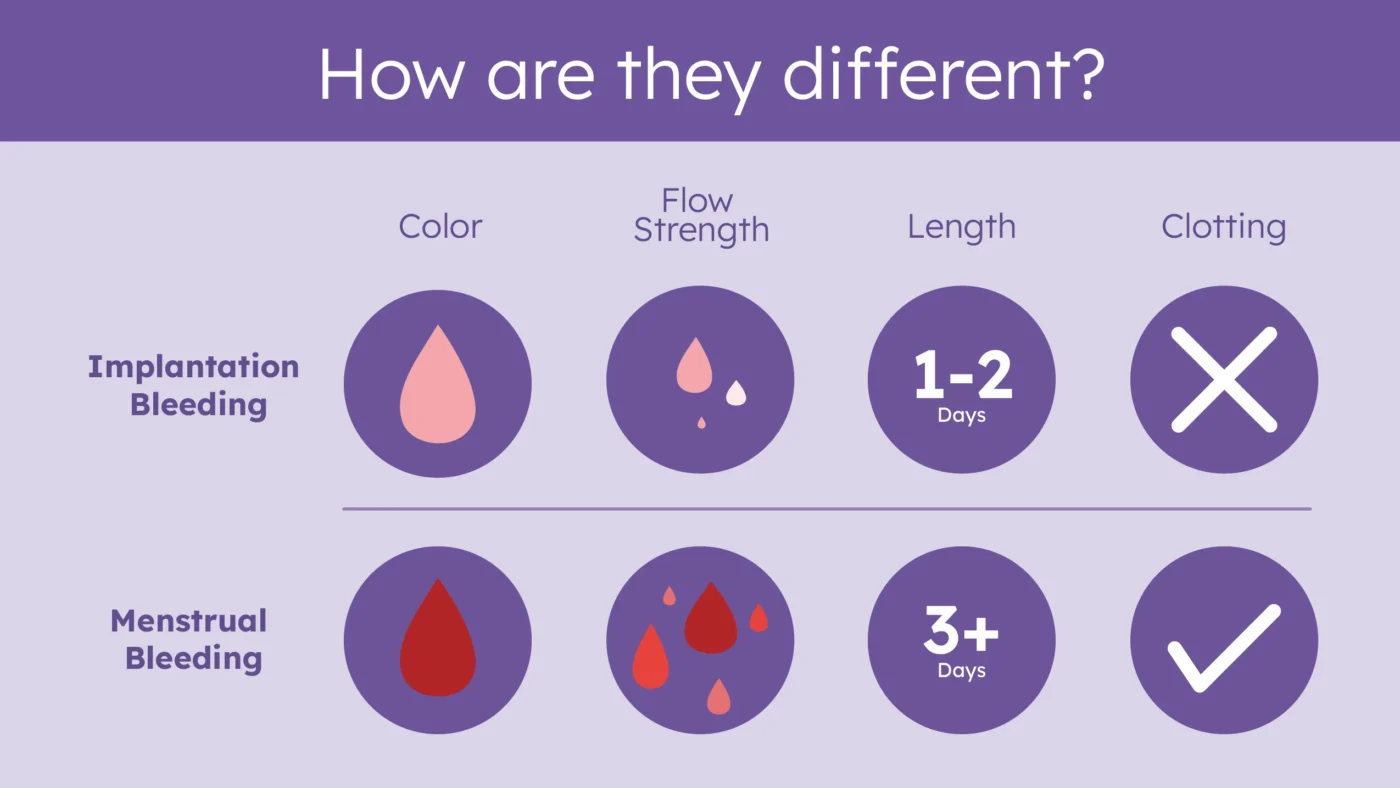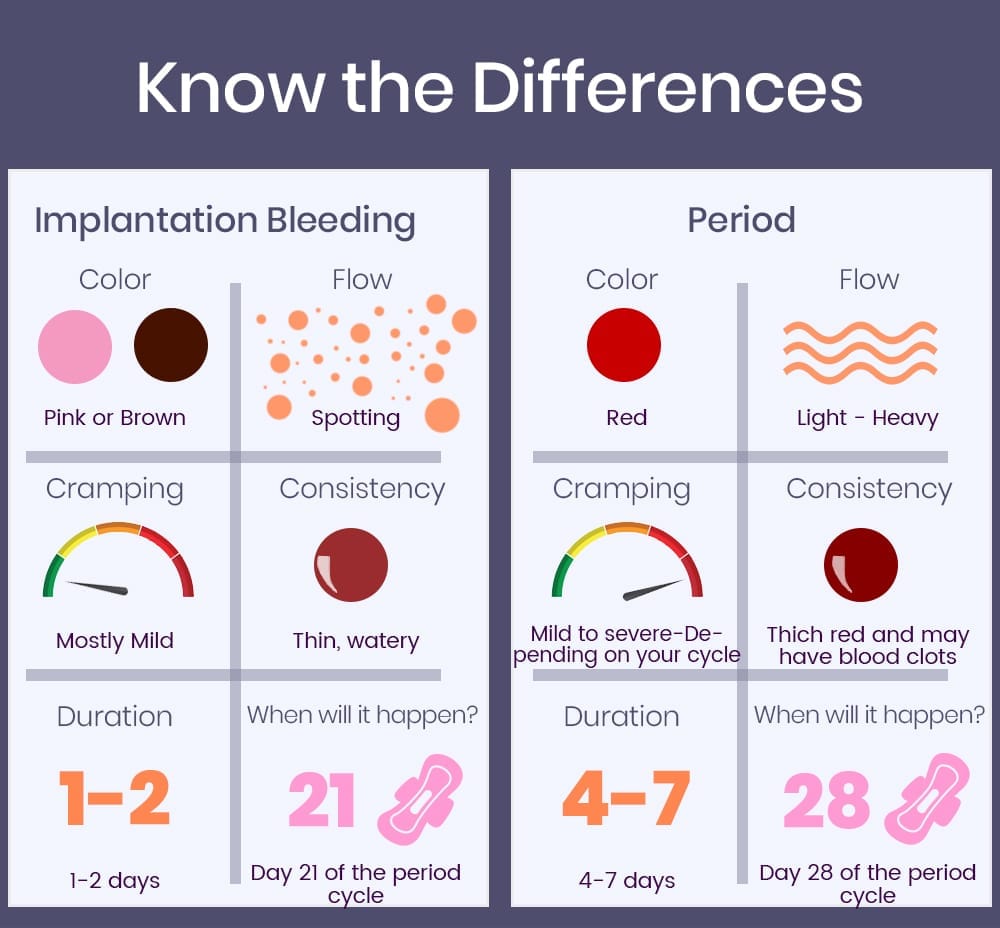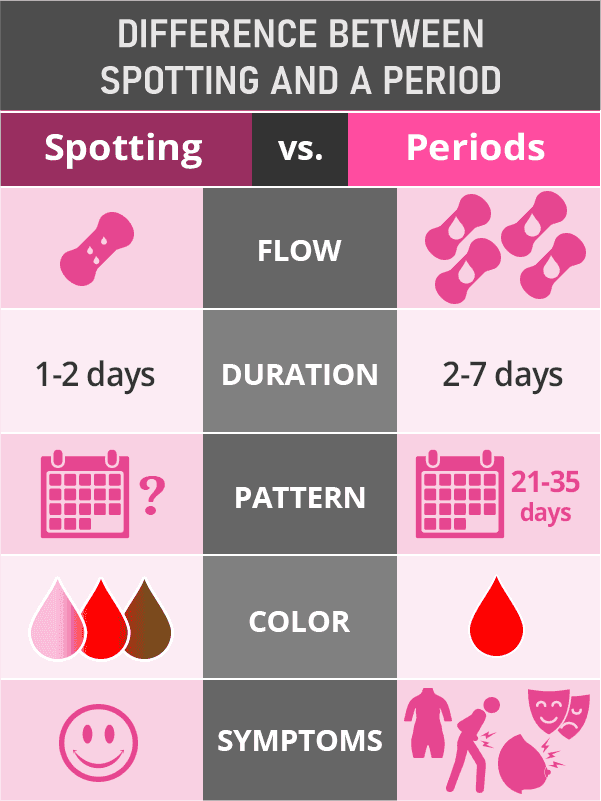Every woman needs to understand the intricacies of the menstrual cycle. One of the common confusions is a regular period and spotting. In this, let us decipher these two aspects of women’s health.
In a woman’s life, menstruation is a part of life. However, it cannot be very clear for many women when they get spotting between periods or wonder if they’re experiencing a regular period. So you know exactly what to look out for, what can cause it, and what it means, I’ll break down the difference between spotting and Period in this article.
Menstrual Cycle Overview
So, concepts related to the menstrual cycle will be explained before diving into the specifics. It is a complex interplay of hormones distributed across four phases: from menstruation to the follicular, to ovulation, to the luteal. To understand spotting and periods, you need to understand these phases.
What is Spotting?
Light bleeding outside the regular menstrual cycle is called spotting. This plastic is known for its minimal flow and can be in various colours ranging from light pink to brown. Because spotting is a bit of a mystery, it’s important not to miss the cause.
Understanding Periods
On the other hand, a normal period has more blood flow (often bright red) for a few days to a week. What’s normal for you can vary from day to day and from person to person, but many factors can affect when you get your Period, so it’s important to pay attention.
How to Differentiate Spotting from Period
Spotting can be distinguished from your Period based on timing, consistency, colour, and duration. Spotting tends to be lighter and shorter and may occur at any point in the menstrual cycle.
Possible Causes of Spotting
It can be due to hormonal fluctuations, pregnancy-related issues, or side effects of some medications. Knowing these causes allows you to tell the difference between normal spotting and something worth worrying about.
Common Period-related Symptoms
The symptoms of normal periods include cramping, breast tenderness, and mood swings. An awareness of these symptoms helps in a more accurate understanding of a phenomenon such as menstrual health.
Spotting as an Early Sign of Pregnancy
Implantation spotting may be an early sign in some women who are pregnant. It is very important for people who know about their pregnancy or expect it.
Seeking Medical Advice
It’s important for maintaining reproductive health to know when to talk to a healthcare professional. This section discusses the signs that call for a visit to the doctor and tests you may be recommended for.
Lifestyle Factors Influencing Menstrual Health
Menstrual health is linked to diet, exercise and stress. Small changes to your day-to-day life can help regulate both spotting and periods and adjust the issue of symptoms.
Spotting as a Sign of Underlying Health Issues
Usually, spotting is a symptom of some other health condition, for example, Polycystic Ovary Syndrome (PCOS) or uterine fibroids. Knowing about these possibilities spurs one into action on one’s health.
Tips for Menstrual Health
To have a healthy menstrual cycle, overall, one’s well-being must be kept in check. A smooth and comfortable menstrual is a product of dietary recommendations, hydration, and proper self-care.
Misconceptions About Spotting and Periods
Misinformation and myths need to be dispelled to promote the correct understanding. Since there are common misconceptions around this topic, being addressed allows women to be able to make decisions about their reproductive health as opposed to making misinformed decisions.
Spotting vs Period: When to Be Concerned
Spotting itself is usually no cause for worry, but some patterns can mean trouble. These red flags in a concussion require understanding when to seek immediate medical attention and a commitment to long-term health.
Conclusion
Finally, understanding the language of spotting vs. Period lets women understand their reproductive health with certainty. Recognizing the differences and being aware of possible red flags and also normal symptoms will help women make self-health a priority.
FAQs
Is spotting always a cause for concern?
Most spotting that occurs is harmless and does not require medical attention; however, a healthcare professional should be discussed with if the spotting is persistent or unusual in appearance.
Can stress affect the menstrual cycle?
Stress may affect hormonal balance and cause menstrual cycles to become irregular.
How can I differentiate between implantation bleeding and regular spotting?
Implantation bleeding may be lighter or shorter than a normal period and typically occurs around the time you expect your Period.
What lifestyle changes can improve menstrual health?
Menstrual health can be improved by maintaining a balanced diet, working out regularly, and managing stress.
When should I seek immediate medical attention for spotting?
See a doctor right away if spotting becomes accompanied by severe pain that lasts a long time or any other worrisome symptoms.






Comments are closed.